As cyclists, we have a pretty unhealthy relationship with diet and weight, and sometimes it can definitely be a little too all-consuming. I’ve been down that path before. You can always just eat a little bit less, and ride a little bit more. I’ve been on various teams over the years and seen various approaches, some of which border on the comical, others of which are quite sad. I think every cycling team has it’s resident manorexic who can be found “hangrily” snapping at anyone who dares cross his path, especially if they are bearing Nutella. The ludicrous part of this is that weight loss in excess can harm your performance in all but the hilliest races, but oftentimes goes far beyond simply riding faster and becomes an obsession.
Especially riding in Southern Europe there’s a pretty big focus on weight loss. All kinds of stupid dietary rules get enforced; you can eat bread but not the inside of the bread. So beautiful, handbaked loaves end up getting mauled of their doughy centers. You can eat cheese but not melted cheese, as that has three times as many calories (I’m pretty sure I can trace this one to the fact that you can see the oil on melted cheese, but if you really want to, you can blot it off making it less fatty). Wine is okay, but beer is banned. Butter wasn’t okay even though it made up a good chunk of the stews and croissants we’d eat, and you could go nuts with olive oil. Sometimes we’d be deprived of meat if we weren’t climbing well, and dairy was cut out as it made you “phlegmy.” Now I don’t know about you, but If I’m creeping and then you stop me eating that’s when you’re going to see me really crawling!
I’ve seen riders do some nuts stuff to slim down – long rides on coffee and water. Low carb diets (I once saw a dude eat a hard boiled egg on a ride). Not eating for three hours after a ride to encourage “fat burning.” Compulsively eating only “healthy” food and when that isn’t available refusing to eat at all, even at the expense of their performance. Other riders seem to convince themselves that you can get everything you need from powder and pills. I’ve always put my diabetes ahead of my weight loss and tried to be sensible, but there are plenty of cyclists who are not backwards in coming forwards with their “expert” advice on what I should be eating, telling me how I cause my own diabetes by eating sugar/bread/red meat/ or drinking beer. I often wonder if they have considered taking these revelations to the medical community, but few of them seem to have published their findings. Odd that.
Then you get the race diets: On race day, no milk in your cereal, orange juice or soymilk don’t make you phlegmy (OJ on cereal, in the morning when cortisol is high will give you world record bloodsugars, though!), but I can’t help noticing the cappuccinos which go down before the race! Three hours seems to be the golden rule; three hours before the race you MUST eat, normally you must eat pasta. If you aren’t in Italy, this pasta must be boiled to within an inch of becoming a primordial slime. Sometimes this is accompanied by chicken but often it is served “white” maybe with salt or if you’re lucky olive oil, and if you’re not so lucky, with brown sugar. If it’s hot, meat is off the cards, as it doesn’t digest well (to be fair there is perhaps some use in this) but you still have to eat your pasta even if you’re in the back seat of a Renault and it’s 40 degrees centigrade and you know it’s going to make you feel sick. This meal could come at any time of day, even if you’ve only had breakfast two hours before. It isn’t an option – diabetic or not, you had to eat this meal, it was like taking mass. In the race you get sandwiches, long races might start with ham and continue on to jam. The last few kilometers generally saw the arrival of flat Coke and maybe some gels or Guarana drinks.
After the race you’ll get a Coke or an Aquarius, but no proper food until you get back home. Occasionally the race organizer lays on a buffet, in which case the competitive attitude continues and undereating becomes the new race. Sometimes you win food but if it’s cakes, sweets, salami, biscuits or one of the other delicious delicacies which townsfolk tend to donate, it often doesn’t get back home with you lest you go berserk with a kilogram of pork and end up climbing like a sumo wrestler.
I remember starting to ride over lunchtime, as this seemed a pretty good way to cut out some calories and it was; it was also a good way to miss out on an important time to catch up with family and friends. I know when a lot of my teammates have gone on pretty severe diets, they’ve become angry, cagy and aggressive. They get into ludicrous situations like refusing to let people see them eat and then binging on their own. Often riders refuse to eat foods that they are not familiar with. It seems a great shame that we get to travel so much and I would hate not to take a chance to sample the food of the wonderful countries I visit. True you could get sick but, when people kindly want to share their cuisine with you, chances are you won’t.
Don’t get me wrong, there are times when I need to cut a few but I try to do it sensibly and with regard to my diabetes. I ride a little bit before breakfast and try not to snack too much after dinner. I eat a few more vegetables and a bit less rice and pasta. I switch up my protein sources and methods of cooking them to include a bit less fat. I always ride with a lot of dextrose in case it all goes wrong, and sometimes it does. I make sure to test more and use my pod to make tiny basal changes on the fly. I give myself time and enough treats that I don’t feel like I’m missing out on my friends and family and isolating myself. Even if I get lighter this way I won’t race better. It’ll make me sad and upset and in this mindset I don’t race my best. Food is too good not to enjoy and we have to be sensible, but if you eat real food in decent amounts it’s not too much of a problem.

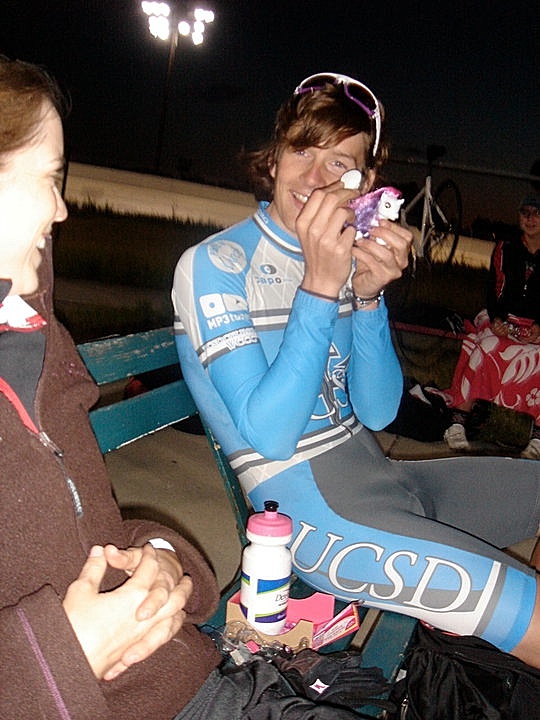

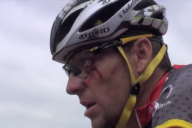
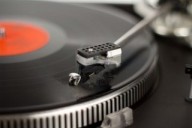



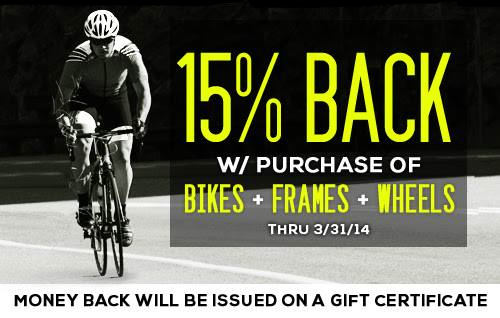

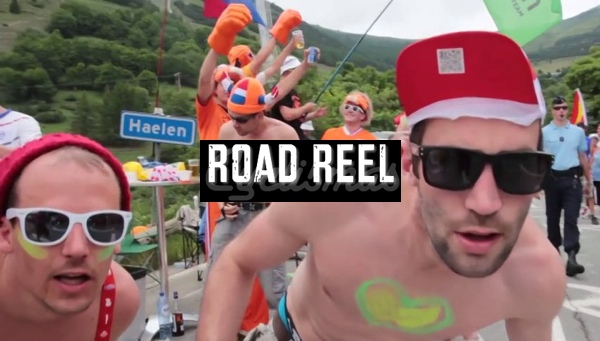
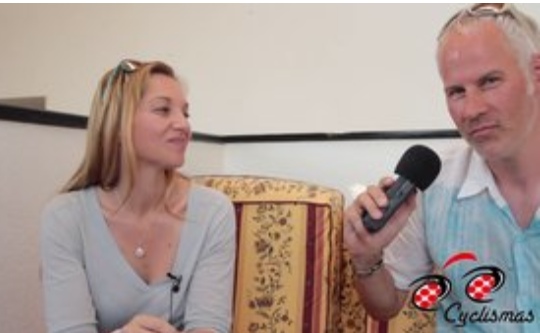
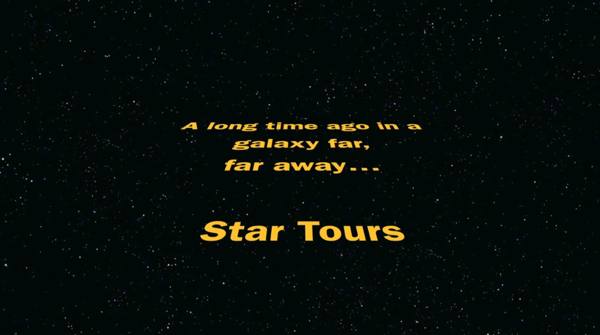
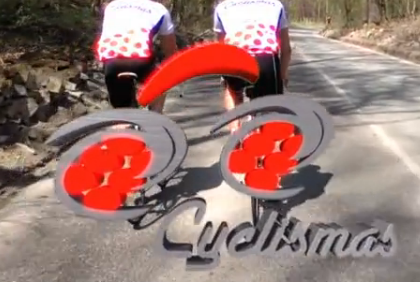

1 Comment
Thanks James for insight into “pro (mal)nutrition”. I am regularly amazed at the abundance of protein bars among amateur racers probably digested by the next day………
Must be quite a balancing act keeping your BGL’s just so!
I like Michael Pollan’s advice “Eat food, not too much, mostly plants.”
“Eat food” means to eat real food — vegetables, fruits, whole grains, and, yes, fish and meat — and to avoid what Pollan calls “edible food-like substances.”